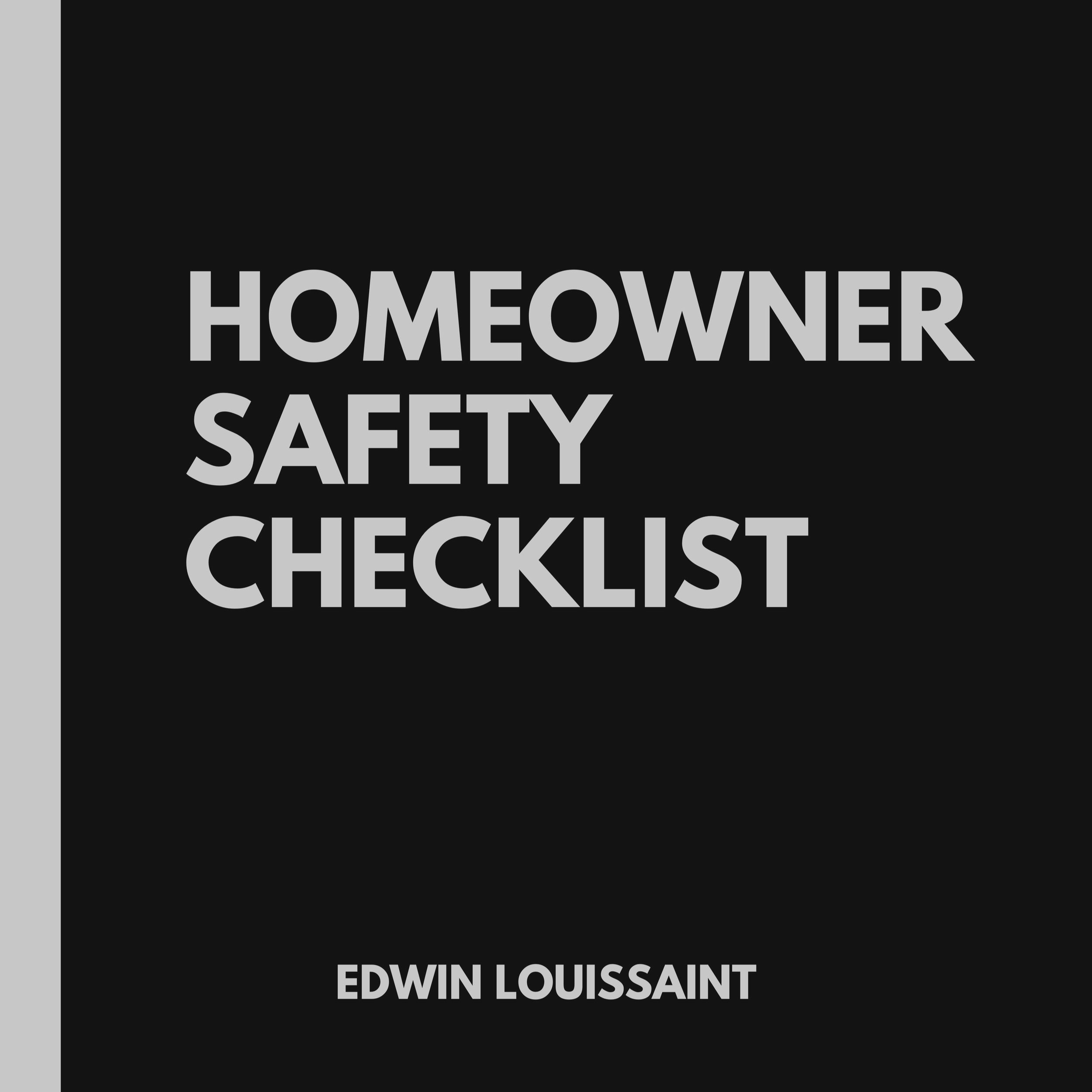
Selling a home is a major decision, and one of the first choices you’ll make is whether to enlist the services of a real estate agent or go the route of selling it yourself, known as “For Sale By Owner” (FSBO). Each option has its advantages and disadvantages, which we’ll explore in this blog to help you make an informed decision.
Selling With a Real Estate Agent
Pros:
1. Market Expertise: Real estate agents have a deep understanding of local markets, pricing trends, and buyer preferences. They can help you set the right price and market your home effectively.
2. Networking: Agents have a network of contacts, including other agents, potential buyers, and industry professionals. This network can help your home reach a broader audience and attract serious buyers.
3. Negotiation Skills: Experienced agents are skilled negotiators who can advocate for your interests during the offer and contract negotiation process.
4. Time Savings: Agents handle tasks such as marketing, showings, paperwork, and negotiations, saving you time and reducing stress. Agents coordinate the whole process.
5. Legal Protection: Agents are familiar with legal requirements, contracts, and disclosures, providing you with legal protection throughout the selling process.
Cons:
1. Commission Fees: One of the main drawbacks of using a real estate agent is the commission fees, typically around 5-6% of the sale price, which can reduce your profits.
2. Less Control: You may have less control over marketing strategies, showings, and negotiations when working with an agent.
3. Dependency: Relying on an agent means you depend on their expertise and availability, which may not always align with your preferences or timeline.
Selling Without a Real Estate Agent (FSBO)
Pros:
1. Cost Savings: The most significant advantage of selling your home without an agent is avoiding commission fees, allowing you to keep more of the sale proceeds.
2. Control: You have full control over marketing strategies, pricing decisions, showings, and negotiations, giving you a hands-on approach to the selling process.
3. Flexibility: Selling FSBO offers flexibility in scheduling showings, responding to inquiries, and making changes to your listing as needed.
4. Direct Communication: You can communicate directly with potential buyers, providing personalized information and addressing questions or concerns promptly.
5. Learning Experience: Selling your home on your own can be a valuable learning experience, gaining insights into the real estate market and sales process.
Cons:
1. Limited Exposure: Without the marketing resources and network of an agent, your home may have limited exposure to potential buyers, leading to longer listing times.
2. Market Knowledge: You may lack the expertise and market knowledge of a real estate agent, potentially impacting pricing decisions and negotiation outcomes.
3. Time and Effort: Selling FSBO requires significant time and effort in marketing, showings, paperwork, negotiations, and legal compliance.
4. Legal Risks: Without professional guidance, you may overlook legal requirements, contracts, and disclosures, exposing yourself to potential legal risks.
Conclusion
In conclusion, the decision to sell your home with or without a real estate agent depends on your priorities, expertise, timeline, and resources. While working with an agent offers market expertise, networking opportunities, and time savings, selling FSBO can save on commission fees and provide greater control and flexibility. Consider your specific needs and goals before choosing the best approach for selling your home. Consulting with real estate professionals can also help you weigh the pros and cons and make an informed decision.
Set up a call with me to discuss if it would make sense to sell your home on your own or to sell your home with me.
image from unsplash @kyddvisuals















